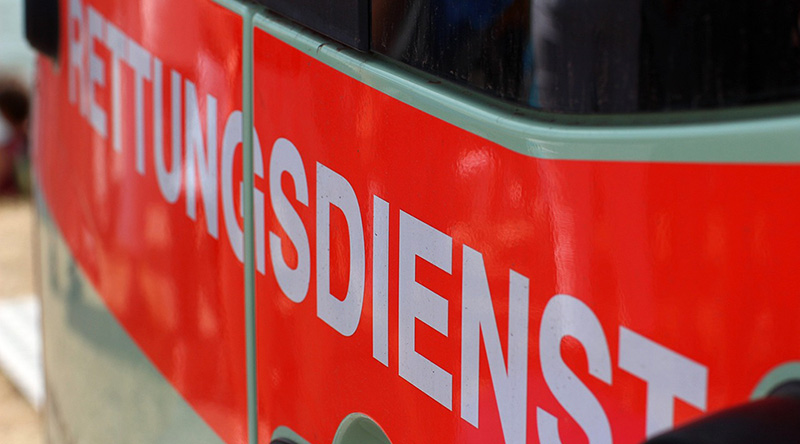With an experienced team we bring extensive experience to managing personal injury incidents across Europe’s inland waterways. Unlike incidents aboard seagoing vessels or in bustling seaports, inland cases present distinct challenges shaped by location, infrastructure, and linguistic diversity. Spanning rivers such as the Rhine, Danube, and Elbe, these waterways demand a tailored approach to address varying national regulations, remote settings, and logistical hurdles. Successfully handling personal injury claims requires local expertise, rapid response, and strategic coordination. In this article, we outline our proven approach to navigating these complexities.
Navigating Personal Injury Incidents in European Inland Waters: NNPC Correspondents’ Perspective
- Immediate Response – The First Hours Are Critical: When a personal injury occurs—whether a crew member slips on a deck or a dockworker is struck by cargo—the initial response is paramount. Our priority is ensuring the injured party receives swift medical care. While inland Europe boasts robust healthcare systems, access varies widely. A barge near Rotterdam might see an ambulance arrive in minutes, whereas a vessel on a remote stretch of the Danube could face significant delays. Leveraging our knowledge of local medical facilities and maintaining a reliable network of contacts ensures timely intervention.
- Evidence Gathering – Building a Solid Foundation: While the injured person’s well-being comes first, preserving evidence is equally critical for effective case management. We document the scene with photographs, collect witness statements, and compile detailed incident logs. In the multilingual landscape of inland Europe—where crews may speak Dutch, German, Romanian, or other languages—clear communication can be challenging. Our team relies on local agents and translators to ensure accuracy and clarity, safeguarding the integrity of the evidence.
- Understanding the Legal Landscape – Europe’s inland waterways crisscross multiple jurisdictions, each governed by its own legal framework. An injury on a vessel moving from Germany to Austria might implicate German labor laws, Austrian civil liability rules, or international agreements like the Rhine Navigation Regulations. In the Netherlands, employers face strict liability under the Dutch Civil Code, while in France, the Code des transports may apply to a river worker’s claim. Some countries mandate reporting workplace incidents to authorities, others do not. Navigating this patchwork requires collaboration with local legal experts versed in both maritime and national law. Our role is to clarify the legal context and ensure compliance with local obligations.
- Investigation and Root Cause Analysis – Once the immediate crisis is under control, we turn to understanding the incident’s cause. Was it due to inadequate safety equipment, insufficient training, or an environmental hazard like icy walkways? Inland vessels often operate with lean crews, where fatigue or multitasking can heighten risks. We coordinate with surveyors to inspect the vessel and review safety protocols, aligning findings with standards like the European ADN (Agreement Concerning the International Carriage of Dangerous Goods by Inland Waterways). This analysis not only informs liability but also helps shipowners implement preventive measures, reducing future incidents.
- Claims Handling and Resolution – Personal injury claims in inland Europe range from minor medical reimbursements to complex lawsuits involving permanent disability. We assess each claim’s validity, estimate costs, and advise our principals—typically shipowners and their P&I Clubs or crew insurers—on whether to settle or litigate. In Germany, where social insurance often covers initial medical expenses, claims may focus on lost wages or pain and suffering. In less centralized systems, shipowners might bear higher direct costs. Early negotiation, supported by robust evidence, often resolves disputes efficiently, preserving relationships within the tight-knit inland shipping community.
- Location Matters – Tailoring Solutions to Context: The European inland is a diverse tapestry of cultures and operational realities. In the bustling ports of the Rhine, efficiency drives tight schedules, and an injury-related delay can ripple through logistics chains. Further east, along the Danube, less developed infrastructure might complicate evacuations or investigations. Seasonal factors—winter ice, low water levels, or summer heatwaves—further shape risks and responses. Our local insight and seasonal awareness allow us to anticipate challenges and deliver context-specific solutions.
Final remarks
Managing personal injury incidents in European inland waters is as much about proactive preparation as it is about decisive reaction. As P&I correspondents, we provide a steady hand—coordinating care, clarifying liabilities, and cutting through complexity. For shipowners and operators, partnering with us means leveraging our local expertise to transform a potential crisis into a manageable event. We invite shipowners, their insurers, and P&I Clubs to contact us for assistance with personal injury cases, whether in Dutch ports or across Europe’s waterways.

